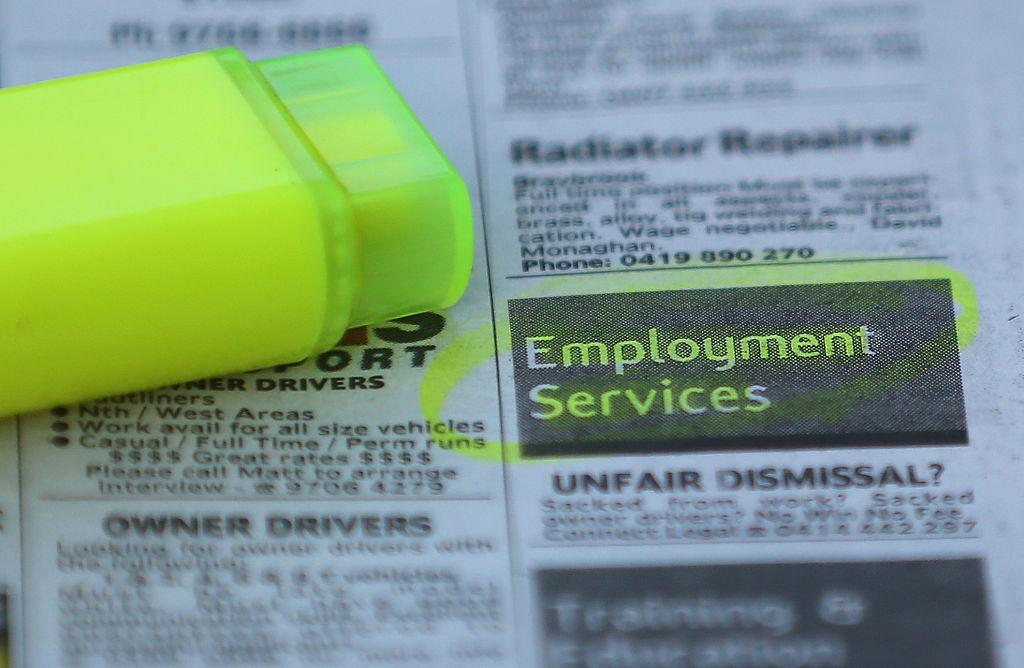The Australian unemployment rate has fallen for the sixth consecutive month, down to 5.5 percent between March and April, after the JobKeeper wage subsidy ended.
The Australian Bureau of Statistics (ABS) figures show that the jobless rate is now just 0.2 percent above the unemployment figures from start of the pandemic and 2 percent lower than the peak in July where it reached 7.4 percent.





